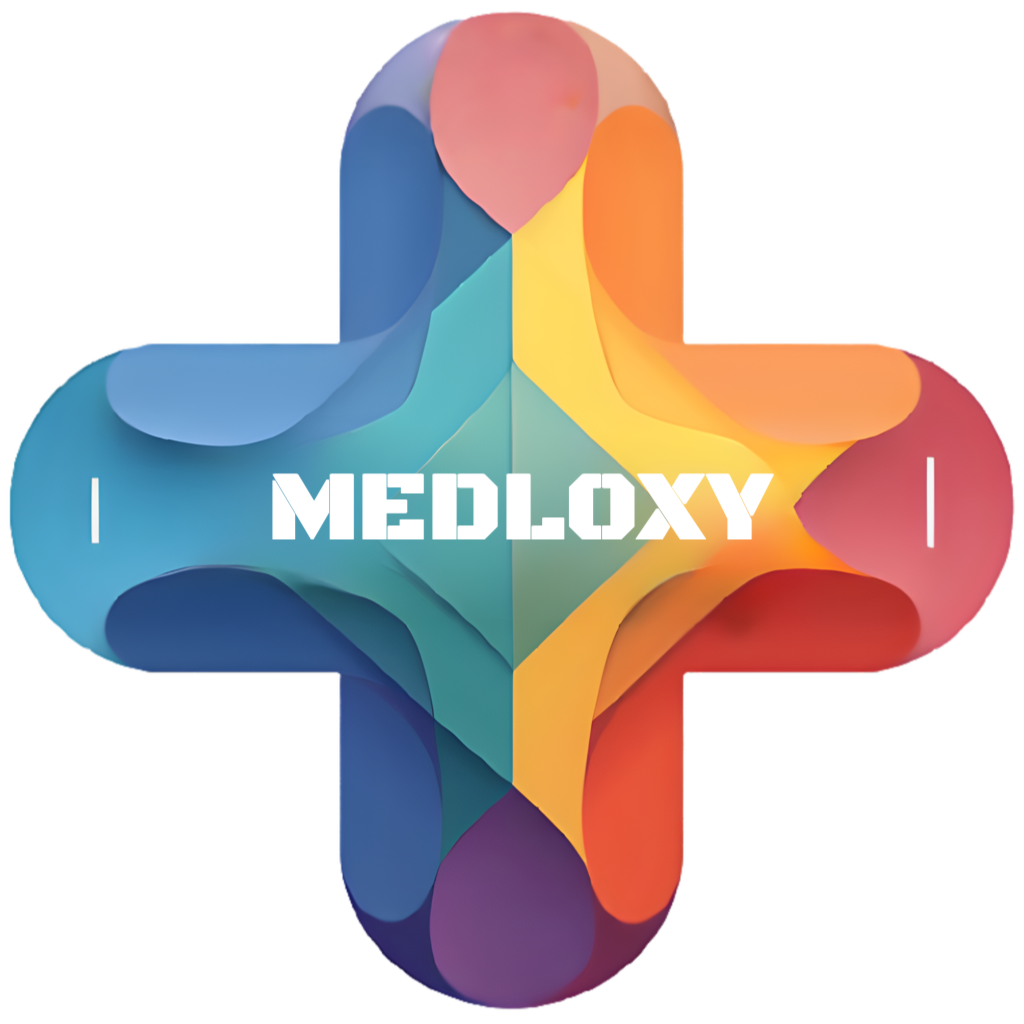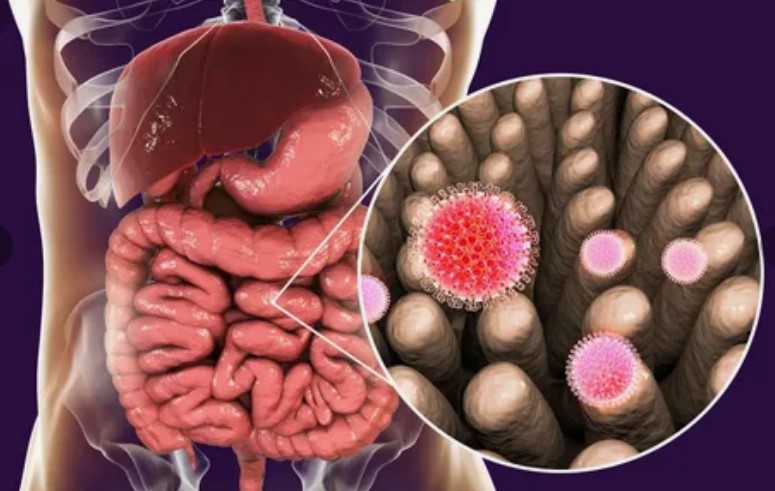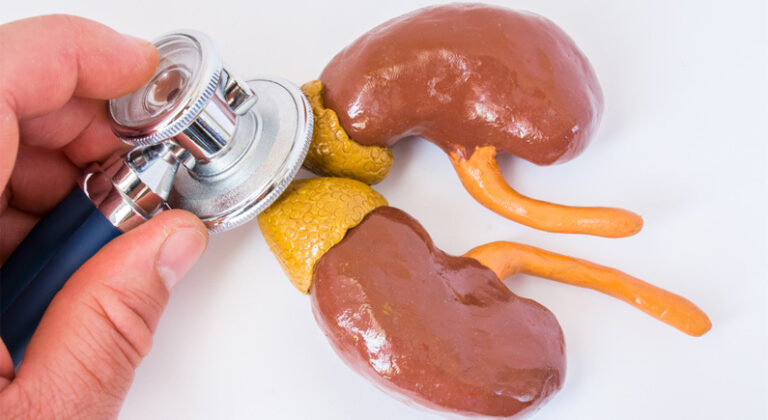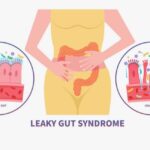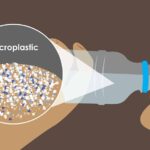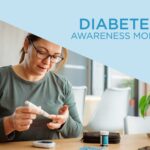Overview
Health & Viral Infections|| The connection between gut health and viral infections is one of the most critical yet underappreciated aspects of modern medicine. Have you ever wondered why some people recover quickly from a viral illness while others suffer lingering symptoms for months? The answer may lie in the gut microbiome—the complex ecosystem of trillions of bacteria, viruses, and fungi living in your digestive tract.
Research shows that 70% of the immune system is housed in the gut, making it a frontline defense against infections. When this delicate balance is disrupted—whether by poor diet, stress, antibiotics, or a viral attack itself—the body becomes more susceptible to severe infections, prolonged recovery, and even long-term post-viral complications like chronic fatigue, autoimmune disorders, and digestive dysfunction.
This article explores:
- How viral infections damage gut health
- Key symptoms of gut-related viral complications
- Underlying biological and lifestyle causes
- Science-backed treatments to restore gut immunity
Understanding this link can help you recover faster, prevent future infections, and optimize overall health.
Symptoms of Gut Health & Viral Infections
Viral infections don’t just affect the respiratory system—they can wreak havoc on the gut, leading to both acute and chronic symptoms. The most common signs include:
1. Digestive Disturbances
- Diarrhea or constipation (common with norovirus, rotavirus, and even COVID-19)
- Bloating and gas (due to gut microbiome imbalance)
- Nausea or vomiting (especially in stomach flu cases)
2. Persistent Fatigue After Infection
- Many viruses (like Epstein-Barr or SARS-CoV-2) trigger post-viral fatigue syndrome, where exhaustion lasts for months.
- This is often linked to gut inflammation and poor nutrient absorption.
3. Weakened Immune Response
- Frequent colds, flu, or infections suggest compromised gut immunity.
- The gut microbiome helps regulate immune cells; when disrupted, the body struggles to fight pathogens. Also Read>>>>>
4. New Food Intolerances
- Post-infection, some people develop sudden sensitivities to gluten, dairy, or FODMAPs.
- This indicates leaky gut (intestinal permeability), where undigested particles enter the bloodstream, triggering immune reactions.
5. Brain Fog & Mood Swings
- The gut-brain axis means gut inflammation can lead to anxiety, depression, and cognitive issues.
- Viruses like SARS-CoV-2 have been linked to long-term neurological symptoms due to gut dysbiosis.
If you experience these symptoms after a viral infection, your gut microbiome may need repair.
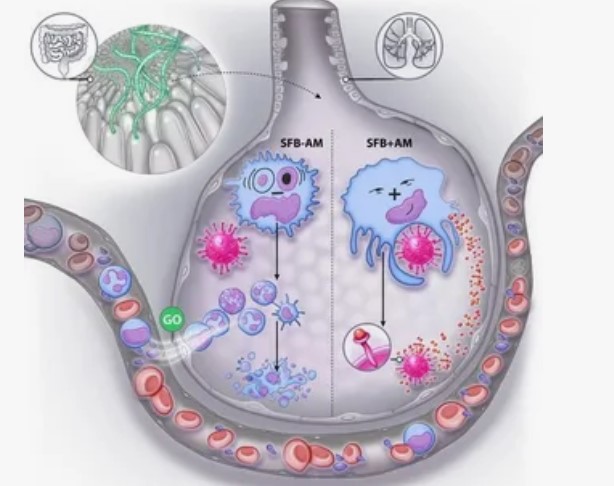
When to See a Doctor
While mild digestive upset after an infection is normal, certain red flags require medical attention:
✅ Severe or bloody diarrhea lasting more than 3 days (risk of dehydration)
✅ Unexplained weight loss (could indicate malabsorption or chronic infection)
✅ Chronic fatigue that doesn’t improve with rest (possible post-viral syndrome)
✅ New autoimmune symptoms (joint pain, rashes, thyroid dysfunction)
✅ Recurring infections (suggests weakened gut immunity)
A functional medicine doctor or gastroenterologist can run specialized tests to assess gut damage and recommend targeted treatments.
Causes of Gut Health & Viral Infections
Biological Causes
1. Viral Damage to the Gut Lining
- Many viruses (norovirus, rotavirus, adenovirus) directly attack intestinal cells, leading to inflammation and leaky gut.
- COVID-19 has been shown to infect gut cells, even in mild respiratory cases (NIH, 2022).
2. Immune System Overactivation
- A hyperactive immune response (cytokine storm) can destroy beneficial gut bacteria, worsening dysbiosis.
- This is why some people develop post-infectious IBS after stomach viruses.
3. Disruption of the Gut Microbiome
- Antibiotics (often prescribed for secondary bacterial infections) wipe out good bacteria, allowing harmful microbes to thrive.
- Studies show that antibiotic use increases susceptibility to future viral infections (Nature, 2021).
Lifestyle Triggers
1. Poor Diet (High Sugar, Low Fiber)
- Processed foods feed harmful bacteria, while fiber deficiency starves beneficial microbes.
- A low-fiber diet is linked to weaker antiviral immunity (Cell, 2020).
2. Chronic Stress
- Stress alters gut motility and increases intestinal permeability, making infections worse.
- The gut-brain axis means anxiety can worsen gut inflammation, and vice versa.
3. Overuse of Medications
- NSAIDs (like ibuprofen) can damage the gut lining.
- Proton pump inhibitors (PPIs) reduce stomach acid, allowing viruses to survive digestion.
Risk Factors
Some people are more prone to gut-related viral complications due to:
🔴 Pre-existing gut conditions (IBS, Crohn’s, celiac disease)
🔴 Frequent antibiotic use (disrupts microbiome balance)
🔴 Chronic stress or poor sleep (weakens gut barrier function)
🔴 Low stomach acid (allows viruses to bypass digestion)
🔴 Sedentary lifestyle (reduces gut motility and immunity)
Complications
If gut damage from a viral infection isn’t addressed, it can lead to:
⚠ Post-Infectious IBS (chronic bloating, diarrhea, or constipation)
⚠ Autoimmune Flare-Ups (Hashimoto’s, rheumatoid arthritis)
⚠ Small Intestinal Bacterial Overgrowth (SIBO)
⚠ Nutrient Deficiencies (due to malabsorption of vitamins B12, D, zinc)
⚠ Long COVID & Chronic Fatigue Syndrome (linked to persistent gut inflammation)
Diagnosis
Doctors use several tests to assess gut damage post-infection:
- Stool Microbiome Analysis (checks for bacterial imbalances)
- Blood Tests (CRP, ESR for inflammation; vitamin deficiencies)
- Intestinal Permeability Test (measures leaky gut)
- Breath Test for SIBO (if bloating persists)
Treatment Options
Medical Interventions
- Probiotics (Lactobacillus rhamnosus, Saccharomyces boulardii for diarrhea)
- Glutamine Supplements (repairs gut lining)
- Low-Dose Naltrexone (LDN) (reduces gut inflammation in long COVID)
Lifestyle & Natural Remedies
- Bone Broth & Collagen (heals intestinal lining)
- Fermented Foods (kefir, sauerkraut, kimchi)
- Stress Management (meditation, deep breathing)
- Fiber-Rich Diet (feeds good bacteria)
For more natural remedies, see /natural-remedies-for-gut-health.
Conclusion
The gut-virus connection is undeniable—a healthy microbiome is your best defense against infections. If you’ve had a recent viral illness and still feel off, gut repair should be a priority.
✅ Eat probiotic-rich foods
✅ Avoid sugar and processed foods
✅ Manage stress and sleep well
✅ Consider targeted supplements
By restoring gut health, you can boost immunity, speed recovery, and prevent long-term complications.
